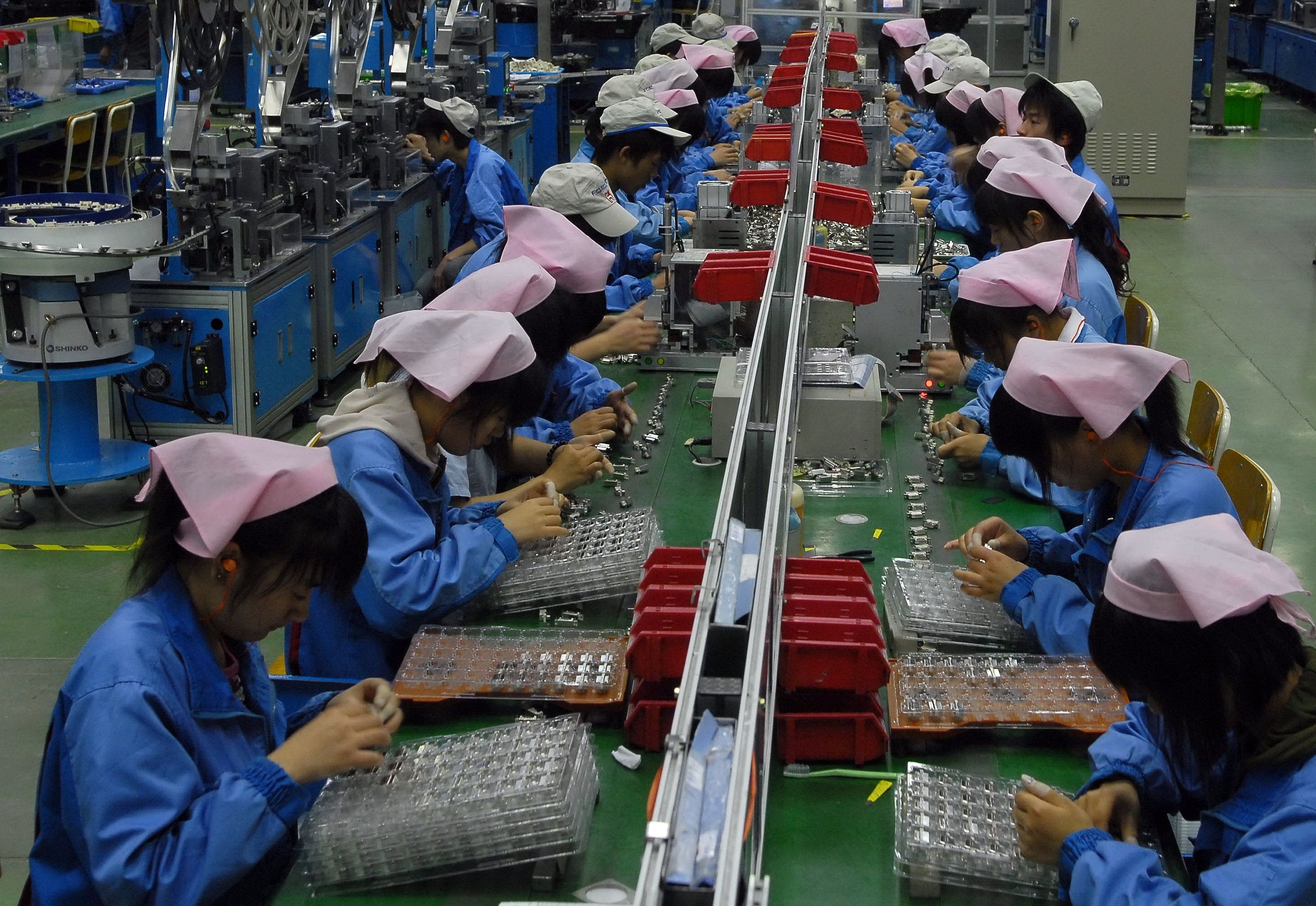Editorial
Constant controversy

In the past 30 years, few countries have done as much as the People’s Republic of China to empower local governments. Of course, the Communist regime was not hoping for democratic participation when it established the first special economic zones. The idea was to test development models in order to identify the fastest routes to economic growth. Measures that proved successful, where fast copied elsewhere and sometimes even extended to cover the entire nation. One lesson was that governance improves when bureaucrats in the distant capital city are no longer responsible for everything.
China’s economic miracle goes along with a political nightmare however. The regime remains authoritarian and non-transparent. The Communist party certainly allows its local representatives some leeway today, but ultimately it has the last say in every controversy. Outsiders cannot tell who exactly is responsible for what decision. Last year, the sudden downfall of Bo Xilai, who had raised a neo-Maoist profile in Chonqing before becoming ensnared in corruption scandals, proved that political careers in China still depend on party support and nothing else.
At the same time, the party leaders crave stability. They deliberately suppress protests, but they also try to understand and prevent frustrations that might lead to unrest. As dictatorships threaten anyone who expresses criticism with brutal oppression, they cannot give scope to real civic participation. Nonetheless, local leaders in China’s Pearl River Delta wanted to understand what is on their people’s minds, so they established a polling firm that collects data anonymously. In the meantime, this company has begun to run surveys elsewhere in China too, on behalf of other local authorities. In an inkling, its mere existence reflects a desire for real popular participation.
China’s authoritarian approach to decentralisation is unusual. In many other countries, the deepening of democracy is a stated goal of devolution programmes right from the start. This approach makes obvious sense because few areas of policymaking can be made as transparent as local affairs. People find it relatively easy to get a clear picture of what is going on in their home town or village.
Subnational politics, however, will only prove fruitful where the necessary funding is available. Typically, national governments are more willing to spread responsibilities to regional and municipal authorities than to re-distribute their financial resources. Even in Germany, we are quite familiar with social challenges being left to local governments, without funding being granted accordingly.
Such experience, however, does not prove devolution policies wrong. It only shows that democracy hinges upon appropriate procedures, and that the fair distribution of means among various levels of the state is a natural issue of constant controversy.









